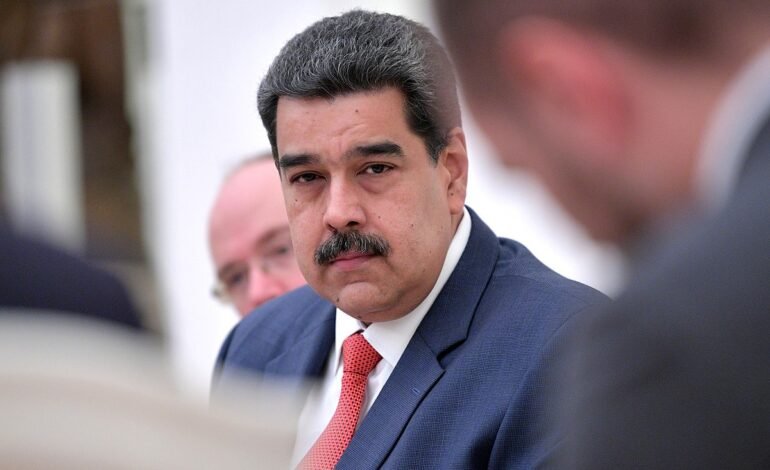Kremlin.ru, CC BY 4.0, via Wikimedia Commons
Venezuelan President Nicolás Maduro announced this Monday on his weekly television program With Maduro + The Christmas season will begin again on October 1st, repeating a strategy he has employed in previous years. According to the president, the measure is intended to boost the economy, foster culture, and protect Venezuelans' "right to happiness."
Maduro stated that "once again" they will implement "the formula of other years, which has worked very well for us, for the economy, for culture, for joy, for happiness," and urged people to celebrate with "Christmas carols, bagpipes, hallacas..." The announcement also coincides with growing tensions with the United States over the US military deployment in the Caribbean.
This is not an isolated incident: Maduro had already brought forward the festivities in 2019, 2020, 2022, and 2024. In 2024, he justified it as "a tribute and gratitude" to the country, following a national political crisis.
Political and social impact
The decision has two interpretations. On the one hand, it stimulates commerce and popular celebrations, often accompanied by the distribution of food parcels in vulnerable areas—a common action before Christmas. On the other hand, it is also interpreted as a political maneuver with a strong symbolic charge, especially in times of heightened national and international conflict.
The Catholic Church has criticized these measures on previous occasions. In 2019, the Venezuelan Episcopal Conference warned that Christmas should not be used for propaganda purposes or as a political device.
For more stories like this, follow More Latin.
Sources:

